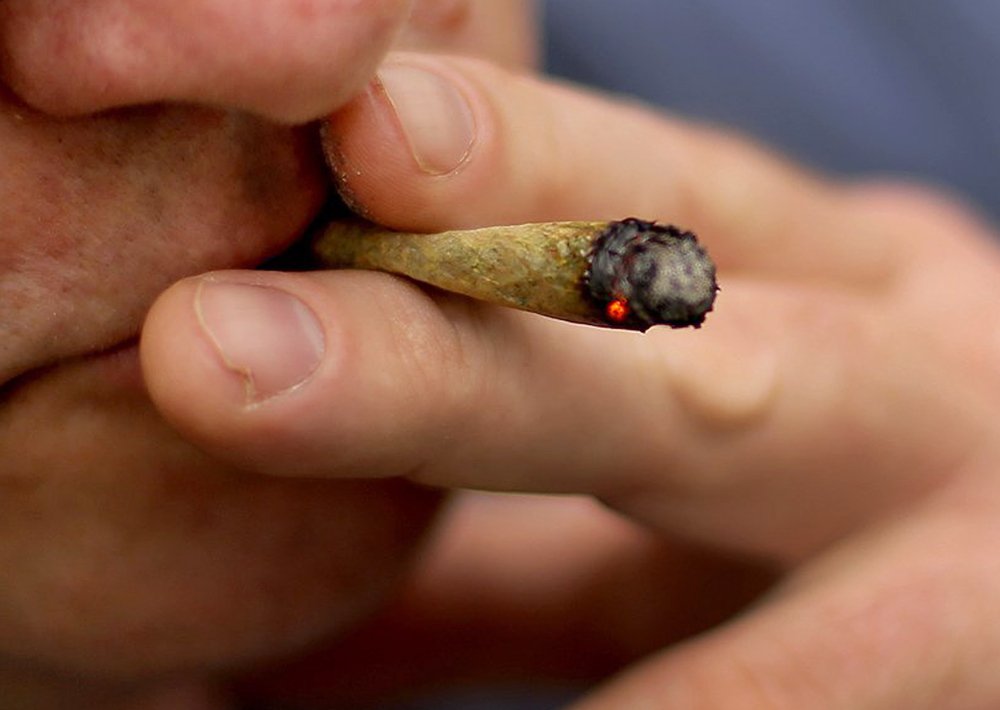SOUTH PORTLAND — The possibility of South Portland becoming like Amsterdam in the Netherlands prompted city councilors to put off the question of allowing marijuana social clubs to open here.
Instead, councilors directed city staff to continue developing less controversial licensing and zoning rules aimed at regulating marijuana growing, manufacturing, testing and retail operations after Maine voters legalized recreational use by a slim margin in November.
Wednesday evening’s workshop was the first in-depth discussion of marijuana regulation since the council passed a six-month moratorium on related businesses in December. Councilors agreed to drop the debate over marijuana social clubs for the time being when it became clear that allowing them could delay approval of more basic regulations.
“I’m still not really comfortable with marijuana social clubs,” said Councilor Maxine Beecher, who also expressed concerns with the potential cost to taxpayers of regulating the clubs and the inability to discern when someone has had “too much to smoke.”
Councilor Eben Rose shared no such reservations. He urged fellow councilors to see marijuana social clubs as an economic opportunity and recognize potential competition with other communities in Greater Portland.
He suggested that social clubs should be allowed in neighborhoods and village settings to discourage driving and be promoted widely to attract passengers from cruise ships that land in Portland.
“We will be able to get a piece of the pie if we allow social clubs to take root here,” Rose said. “If you had (one) near Scratch Bakery, sales would probably go up.”
Councilor Linda Cohen said the clubs should be licensed and regulated like Class A liquor establishments, keeping in mind that not every city voter supported the statewide referendum. Fifty-eight percent of city voters agreed to legalize recreational marijuana last fall, and 52 percent backed a similar local measure in November 2014.
Cohen said she agreed with licensing fees that would compensate the city for the cost of overseeing the industry, and with zoning regulations to ensure marijuana businesses operate responsibly.
“I’m less likely to want to be a guinea pig for social clubs,” Cohen said.
Claude Morgan recalled seeing marijuana cafes in Amsterdam that seemed to fit into the fabric of everyday urban life. While Morgan said he didn’t see a similar approach happening here, he pointed to the success of the Calabash Cafe, a cigar lounge on Western Avenue.
“I’m ready to go for it,” said Morgan, who also suggested that “healthy” licensing fees be charged to “reward the city for actions it will have to take.”
A license for a lounge with a Class A liquor license is $2,100, according to the city’s website.
Mayor Patti Smith also recalled seeing marijuana cafes in Amsterdam but said she would withhold her opinion on allowing similar clubs here. She suggested that they be limited to serving marijuana edibles and hosting electronic vaping to prevent the health hazards of second-hand smoke to others. That got some push back from Morgan, who said it was inconsistent with allowing a cigar lounge in the city.
Councilors Brad Fox and Susan Henderson were absent.
Send questions/comments to the editors.


